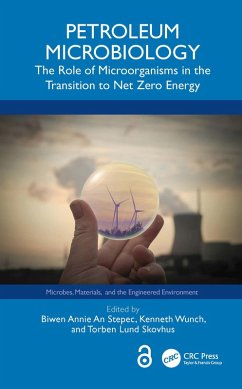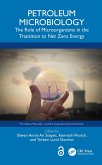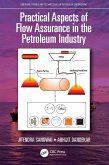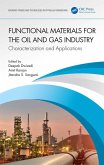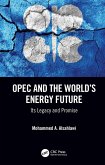. Provides insights on the potential of applying microbiological techniques in oil systems to pave the way to achieving net-zero energy.
. Presents the major industrial problems caused by microbes and their beneficial activities from both fundamental and applied perspectives.
. Covers such technologies as next-generation sequencing, sampling, and diagnostics.
. Offers a solid foundation on the importance of microbes to key aspects of the energy industry.
. Seeks to answer the question: what role will microorganisms play in the evolution of energy systems?
Featuring chapters from interdisciplinary experts spanning academia and industry, this is an excellent reference for microbial ecologists, molecular biologists, operators, engineers, chemists, and academics involved in the oil and gas sector, working toward energy transition.
The Open Access version of this book, available at http://www.taylorfrancis.com, has been made available under a Creative Commons [Attribution-Non Commercial-No Derivatives (CC-BY-NC-ND)] 4.0 license.
Dieser Download kann aus rechtlichen Gründen nur mit Rechnungsadresse in A, B, BG, CY, CZ, D, DK, EW, E, FIN, F, GR, HR, H, IRL, I, LT, L, LR, M, NL, PL, P, R, S, SLO, SK ausgeliefert werden.

